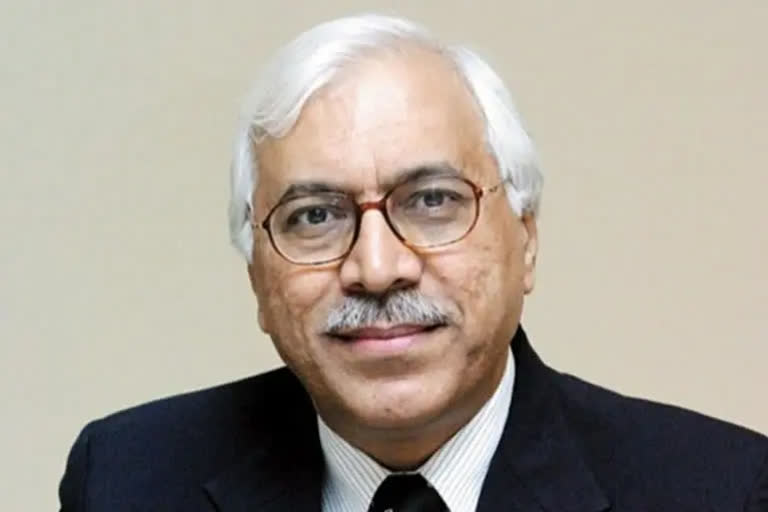New Delhi: Asserting that the argument of Muslim appeasement over the years is a "fallacy", former chief election commissioner S Y Quraishi on Sunday said almost all parties seem to be "shunning" the community and not talking about their issues due to increased polarisation. Quraishi also said a "myth" of Muslim appeasement was created in 1980s and 1990s to encourage polarisation and cited that despite accounting for over 14 per cent of the population, Muslims' representation in civil services and other government cadres was around 2-3 per cent. He said the talk about appeasement of Muslims over the years is a "fallacy" and a "manufactured narrative" that created an impression in the minds of non-Muslims that their jobs are being taken away. It had its effect in polarising, he added.
In an interview with PTI, Quraishi voiced concern over "hate speeches" against Muslims, saying they have become blatant and state action against them is almost absent which is why "forces" indulging in such rhetoric are getting emboldened. "There should be no tolerance for this (hate speech). We have enough and great laws against hate speech. The question is of enforcement and implementation which is absolutely poor," he said. Asked if in the recent round of assembly polls, the Election Commission had not taken stringent action against candidates resorting to alleged hate speeches, Quraishi said he was personally not aware of such cases, but added that it "may be possible" that action that should have been taken was not taken.
"The Election Commission was always very vigilant and I hope they remain vigilant in future elections," he said. Quraishi, who has authored the book 'The Population Myth: Islam, Family Planning and Politics in India', also dismissed the narrative that Muslims' population is growing at an alarming rate and they will surpass the Hindus or challenge them numerically, citing that the gap between the Muslim and Hindu birth rates has in fact now reduced. "We have been hearing for years that Muslims are multiplying and that they are responsible for population explosion. The impression is created that if a Hindu family has two children, Muslim family has 10 children. Now that is far off the mark," the former CEC said.
It is true that Muslims have the least practice of family planning, but they are catching up fast. According to government data, the gap between the hindu birth rate and Muslim birth rate thirty years ago was not more than one child and it has now come down to half a child because Muslims are now adopting family planning very proactively, and faster than the Hindus, as is clear from National Family Health Surveys, Quraishi said. He also referred to a mathematical model prepared by Professors Dinesh Singh and Ajay Kumar that shows Muslims can never ever overtake the Hindus. Not in a thousand years, he added.
Also read:Haridwar Hate Speech: Silence is deafening, people are not blind, says former CEC
